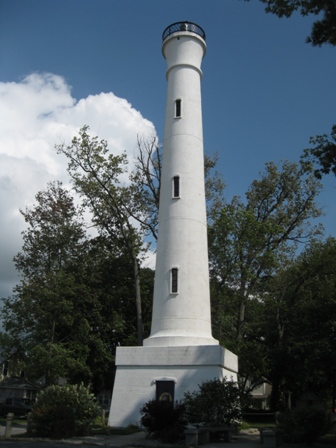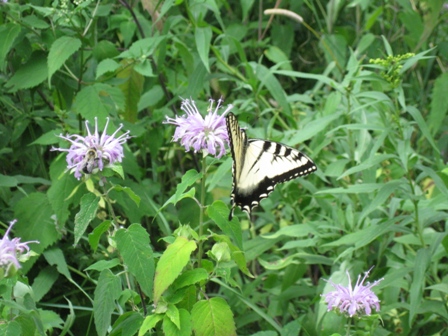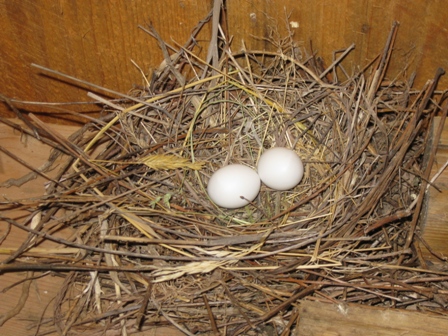Recently, a member of the Goodreads community asked for my advice to aspiring writers. My answer could have gone in so many directions — getting published, building your personal brand, incorporating time into your life to write — the list is endless. The following is based on my original answer.
One Writer’s Self Image

I’m a bare-bones, cut-to-the-chase sort of person in general, so my first thought is to suggest that you step back from the trappings of whatever your image of the writer is. Parading around in public with your notepad at the ready, skulking in the shadows of community with a drink and brooding may work for some writers, but make sure it’s working for you before you commit your entire identity to it.
After all, it’s what comes out on the paper that matters, and that depends on what goes on in your head and your ability to do the thinking, research and editing necessary to come up with a polished product. Before writing my novel, I wrote everything from music and publicity material to news articles, memoir and in-depth profiles. Most of it was nonfiction, and that has influenced my perspective on writing.
Fiction or Nonfiction: the Writing Process is Identical
In some fundamental sense, all writing is the same. Get the story, write it down and start editing. Reporters have to find the truth in the real world. Novelists find the truth in their imagination. Whatever the story is, go over and over it in your mind, searching for discrepancies, asking the difficult questions and viewing it from many perspectives.
Novelists, like journalists, are often well-served to do real-world research to add to the authenticity of their books. In The Heart of Applebutter Hill, our heroes are the only witnesses to a tractor accident. Despite having grown up as the daughter of a volunteer first responder, I read up on first aid before penning that scene. Similarly, exploring the occasional cave didn’t provide me with enough first-hand knowledge to authentically portray Abigail and Baggy’s planned excursion into the cave at Missing Creek.
Writing That First Draft

Your first draft should be a joyous regurgitation of the story within — free-flowing ideas, unfettered by concerns about anything. You won’t have included everything; allow yourself the freedom of assuming that other important ideas will come to you as you proceed — refinement of the details, ferreting out mistakes and inconsistencies as well as changing perspectives on how to tie things together. Once you’ve gone as far as you can, remind yourself that the reason they call it the “first” draft is that there are normally many more to follow.
Now, take a deep breath and get to work. Start the rewriting process by looking at how you have parsed out the details. Facts are a double-edged sword. If you tell the reader too much detail up front, you have limited how you can use that detail to create and sustain suspense.
Furthermore, some descriptions, which may seem insignificant to you at first, could place limitations on where the story is going. If you say that there’s no back door, for instance, there won’t be one if you need it. The only thing standing in the way of your changing things at this point is your attachment to the magic of your own words. Save those “not quite right” gems in another file for another day.
Find the Editor Within

A writer who is not his or her primary editor is a writer who entrusts the most important aspects of the work to someone else. Without significant editing, all writing is a collection of ideas, a shadow of its true potential. So, learn to love being an editor.
Consider word count, even if you don’t feel that you need to. Focusing on word count enables you to make your writing crisp, avoid repeating yourself and engenders in you an appreciation for your readers, who are there to be entertained or informed, not to get migraines from disjointed and cumbersome prose. Respect the conventions of spelling, word usage and grammar. Look at each sentence to see if it would be stronger if the information were presented in a different order or using different words.
The best editing is done with a scalpel not a hatchet. It takes much longer to figure out how to weave in a subplot than it does to hit the delete key. Sections that strike you as off-the-beaten track may simply be great ideas that you wrote out all in one place instead of weaving into the story.
Pre-publication Readers: Bracing Yourself for the Echoes Across the Canyon

Eventually, you will need others to read your work. Prior to publication, the worst reaction you can hear is, “Yeah, I liked it. It was great.” Don’t confuse encouragement with honesty. Find people who are willing to tell you the hard truth about the ways in which it falls short and listen to their intent.
If they’re not writers, they may not explain their reaction in terms that truly define the problem. “You lost me” at this or that point might mean that your writing was unclear or that you didn’t think through the scenario carefully enough or that you were too wordy. Take their comments to heart and see if you can determine what it is about your work that could have caused that reaction. Like the customers they are, readers are always right.

What a brilliant piece ~ I am always amazed by writers who moan about editing! I love it, it’s the taking of my basic story and turning it into something that will keep the readers’ attention all the way through. I spend as long on the re-drafts as I do on the actual writing of the thing in the first place. I think the problem that many self-published writers have is that they don’t realise how important re-drafting is, and think it’s just about thinking up a story and writing it down. Or, worse, they expect to give an unfinished manuscript to an editor and proofreader and have them turn it into a best-selling novel!
LikeLike
Terry, Thanks! Yes, a piece that hasn’t been edited is … well, just an idea. Nice to find someone else who appreciates the craft of editing.
LikeLike
Reblogged this on Angie's Blog.
LikeLike
Angie, thanks for sharing:)
LikeLike
You are welcome. 😊
LikeLike